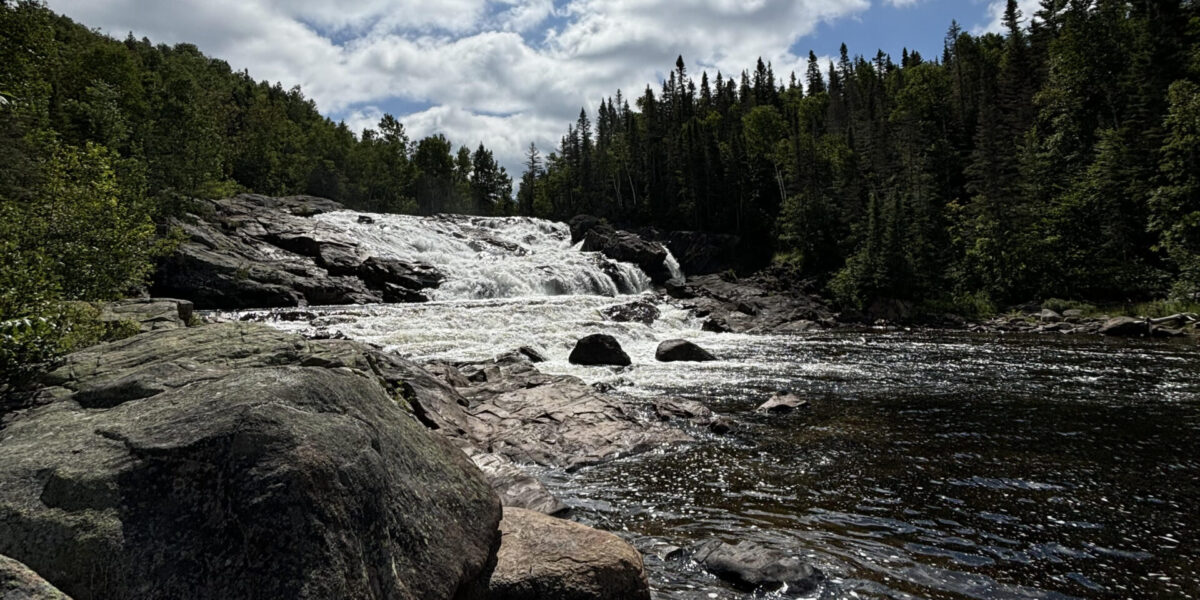Growing up, my father often put me to bed with stories from the Mahabharata, an ancient Indian epic and the longest poem known to exist. One of the stories that remains with me is of a king who calls on all his people to drop a bucket of milk in the kingdom’s newly built well.
“Every other kingdom has wells of water, and mine will be the first kingdom with a well of milk,” he thinks, bloating with pride.
In an internal monologue, one of the residents decides that they’ll quietly go to the well at night and empty a bucket of water instead: “In all that milk, who’ll know I poured out water.”
The next morning the king finds his way to the well and is astonished to find the well filled to the brim with water. Not a hint of pale white milkiness in the pool. The water is so clear that the king finds his stunned face staring back at him instead. Turned out that each one of the kingdom’s residents had the exact same thought – “who’ll know?”
What’s the moral of the story? As my father told me back then, what you pour in the metaphorical well is your contribution. In the story it was the kingdom, out here it’s society, the world – the well can be whatever we want it to be.
I’ve been thinking a lot about hope lately.
What does it mean to have hope exactly? Are hope and positivity two sides of the same coin?
How does one feel hopeful when the climate crisis is feeling all too personal with spring-like temperatures in November; when the most powerful country in the world (America, duh) just elected a con-artist as their president; and with two major wars challenging international dynamics; when Ontario’s premier is flaming an age-old culture war between cars and bikes; and with every corner I turn in Toronto I run into an encampment or a homeless person sleeping on top of an air vent?
The world can often feel like a pressure cooker ready to burst. Where’s hope to be found in all this messiness?
Over dinner one evening, I asked my 70-year-old father, who remains deeply committed to social change: “What protects you from political cynicism?” He gave an affirming response: “I don’t see it as a choice. Whether I stay silent or take part, politics affects my life. I choose to take part.”
I think hope is something like that. It’s a choice.
I find hope in reducing my world to what’s within my control. I can’t stop wars or end world hunger. Nor can I solve the climate crisis. But I can carry my coffee flask and say no to takeaway cups. I can make conscious environmental choices like walking and cycling over getting in the car wherever possible, thereby reducing pollution. I can’t stop Doug Ford from removing bike lanes, but I can show up to protests, raise my voice, spread the word and participate in democracy. And I can’t end homelessness, but I can advocate for more shelters and affordable housing, and I sure can treat the unhoused with kindness and pass them by with a smile. These are the things within my control.
I have a metaphorical well, and I can fill it with the things I want to see in the world. If I want a world that looks after the environment, then I need to look after the environment in every action I take. If I want a world that is caring, then I need to be caring – whether it’s caring for my plants, family, friends or the homeless. If I want less gridlock, then I need to do my part to reduce gridlock.
There is always a choice. The hard part is in choosing – making a choice is saying: I am responsible for the outcome. It’s easier to sit back and be cynical. It’s easier to blame. It’s easier to pretend that we don’t have agency. When in fact, even that is a choice you’re making.
In this way hope is a choice.
In their book, Build the Life you Want: The Art and Science of Getting Happier, Oprah Winfrey and Arthur C. Brooks differentiate between hope and optimism: Optimism is the belief: “Things will turn out alright.” Hope, however, “is the conviction that one can act to make things better in some way.”
When my mother was ill with cancer, I knew her odds. Yet I was both positive and hopeful. Positive that as a family we will do our best to give her the best, and hopeful that medical marvels exist. These were choices we made as a family. Giving up would’ve meant giving up on her.
As I see it – this world is my kingdom. I am everything – the Queen, the resident, the slave. And I choose to fill my kingdom’s well with nectar, milk and water.



